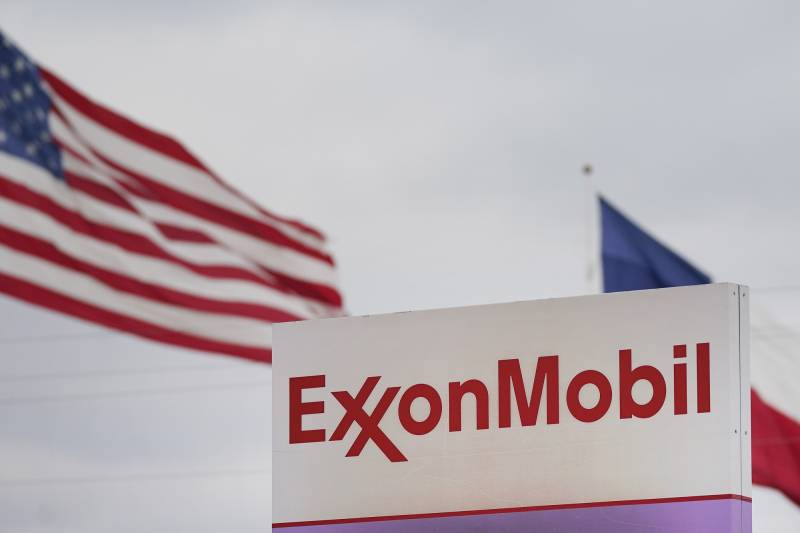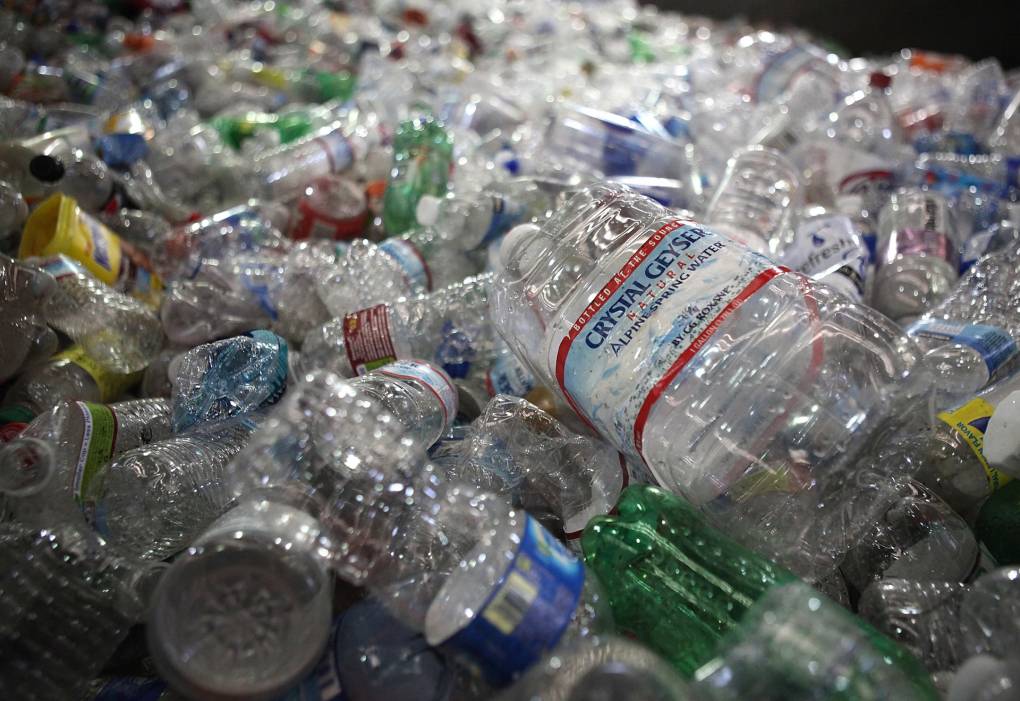California and a group of environmental nonprofits sued ExxonMobil on Monday, accusing the oil giant of intentionally misleading the public about how much plastic waste can actually be recycled, causing an inundation of plastic pollution and contamination in the state.
ExxonMobil is one of the biggest producers of polymers, which are used to manufacture plastic bags, bottles, snack wrappers, straws and cups. They ultimately disintegrate into microplastics, further contaminating the environment and human bodies, the first-of-its-kind lawsuit filed by Attorney General Rob Bonta’s office notes.
The 147-page complaint calls plastic pollution a “devastating global environmental crisis” that is affecting California’s coastlines, bays and beaches.
“ExxonMobil has misled consumers and continues to do so by engaging in an aggressive campaign to deceive the public and perpetuate the myth that recycling will solve the crisis of plastic pollution,” Bonta said in a statement. “For decades, ExxonMobil has dumped the cleanup and environmental costs of its deception and plastic production onto the public, and Californians are paying the price.”

